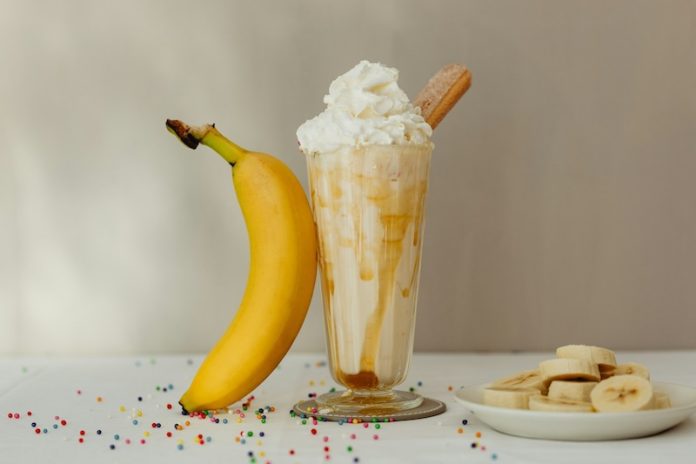
When it comes to managing diabetes, the foods you eat play a crucial role in keeping your blood sugar levels in check.
Among the myriad of dietary advice out there, fruit consumption, particularly bananas, often stirs up confusion.
Can people with diabetes enjoy bananas, or should they avoid them altogether? Let’s peel back the layers of this question and explore what the research says, aiming to provide clear, easy-to-understand insights.
Bananas are beloved around the world for their convenience, taste, and nutritional benefits. They’re packed with essential vitamins and minerals such as vitamin C, vitamin B6, potassium, and dietary fiber.
However, bananas also contain carbohydrates, which can impact blood sugar levels. This is where the heart of the debate lies for individuals managing diabetes.
Diabetes is a condition that affects how your body processes blood sugar (glucose). For someone with diabetes, it’s important to monitor carbohydrate intake since carbs are broken down into glucose, directly influencing blood sugar levels.
Given this, it’s understandable why there might be concerns about eating bananas.
Research in nutrition and diabetes management has shed light on this topic, offering good news for banana lovers.
Studies suggest that fruits, including bananas, can be part of a healthy diet for individuals with diabetes, with some considerations. The key lies in the banana’s ripeness and serving size.
Bananas contain a type of sugar called fructose and have a medium glycemic index (GI), which measures how quickly foods raise blood sugar levels.
The glycemic index of bananas varies with ripeness; less ripe (greener) bananas have a lower GI because they contain more resistant starch, which takes longer to digest and doesn’t spike blood sugar as rapidly.
As bananas ripen, the resistant starch transforms into simple sugars, increasing the GI. Therefore, opting for a less ripe banana can be a better choice for managing blood sugar levels.
Serving size is another important factor. Eating bananas in moderation, as part of a balanced diet, can prevent blood sugar spikes.
Incorporating them with foods that have healthy fats, fiber, or protein can also help slow down the absorption of sugar into the bloodstream, providing a steadier energy release.
Several studies back up these recommendations. Research indicates that consuming fruits like bananas doesn’t negatively impact blood glucose control in people with diabetes when these fruits are part of an overall healthy diet.
In fact, the dietary fiber in bananas can benefit blood sugar control and overall digestive health.
It’s also worth noting the broader health benefits of bananas. They’re an excellent source of potassium, which is vital for heart health and blood pressure regulation.
The vitamin B6 in bananas supports immune function and brain health, while their vitamin C content helps repair tissues and aids iron absorption.
In conclusion, people with diabetes don’t need to shun bananas. Enjoying bananas in the context of a balanced diet, choosing less ripe bananas, and being mindful of portion sizes can allow individuals with diabetes to reap the nutritional benefits of this versatile fruit without compromising blood sugar control.
As always, it’s important for individuals to consult with their healthcare provider or a dietitian to tailor dietary choices to their specific health needs. This approach ensures that managing diabetes doesn’t mean missing out on the joy of eating fruits like bananas.
Follow us on Twitter for more articles about this topic.
Copyright © 2024 Scientific Diet. All rights reserved.





